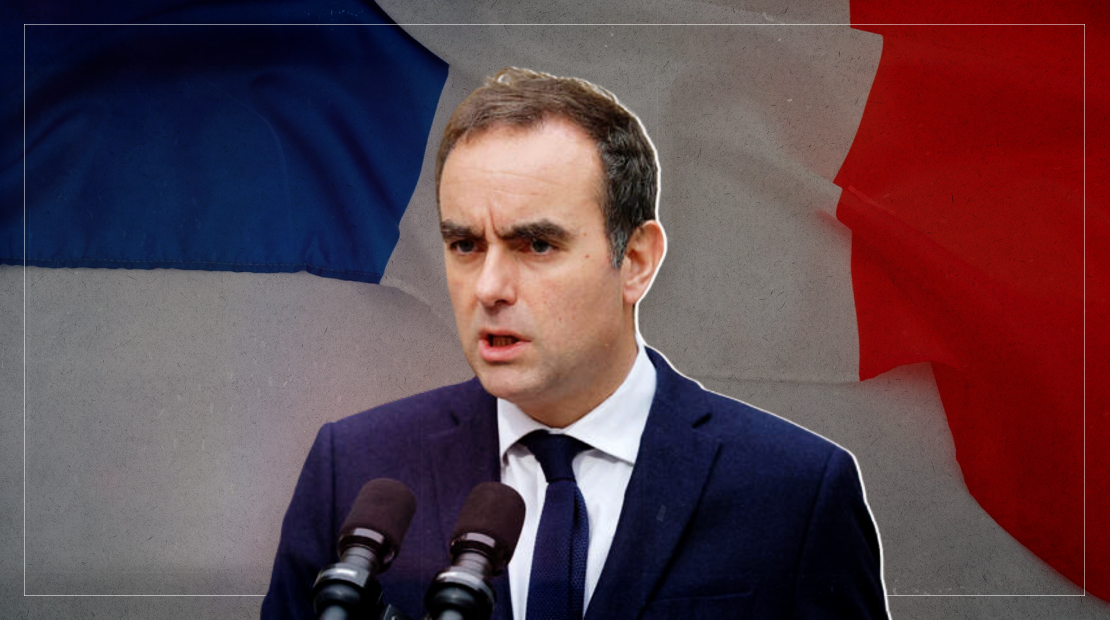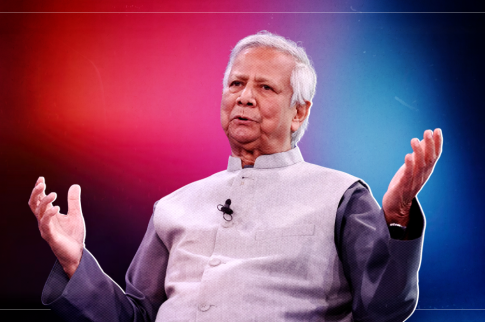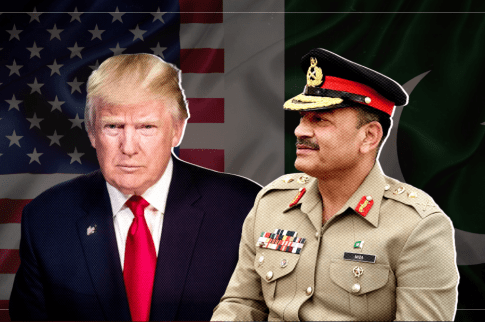Sébastien Lecornu Resigns: Understand The Implications Of It As The French Government Collapses

Table Of Contents
Sébastien Lecornu is the 5th Prime Minister of France to resign within a span of 5 years.
Lecarnu took the oath after the previous Prime Minister of France, François Bayrou, was removed from office by the French Parliament.
The French Government has been attempting to reduce its debt over the past few years.
Moreover, the French Government has tried to reduce the debt by lowering the total amount of expenditure for public welfare.
The French Government has appointed its 7th Prime Minister within a span of 8 years. Moreover, there have been numerous uncertainties surrounding the appointment of French Prime Ministers.
However, the resignation by the recently appointed Prime Minister of France within 24 hours of naming his cabinet sparked massive controversy.
Lecornu has been a faithful ally of France’s President. The former Prime Minister also served as the defence minister.
However, Lecornu justified his resignation by citing the reason that they were not able to arrive at any consensus.
Moreover, 5 Prime Ministers have left their office in the last two years. Thus, the internal politics of France are going through massive turmoil.
This article covers the communications that took place during the podcast of the Lotus Eaters. We will also discuss the truth behind the information conveyed on the podcast.
We will also try to achieve a deeper understanding of France’s internal politics and the current state of the country.
What Led To The No Confidence Motion Against The Previous Government Of France?
The previous Prime Minister of France, François Bayrou, lost a confidence vote. Moreover, Bayrou attempted to implement budget cuts of 38 million dollars in France. This led to widespread agitation throughout the country.
The French Government aimed budget cuts at squeezing expenditure for public welfare. The budget cuts involved halting pension payments to individuals and freezing spending on public services. Moreover, the budget cut aimed to reduce costs on public welfare projects like subsidies and other similar initiatives.
The budget cuts are aimed at reducing the national debt of France.
Moreover, France has a public debt of around $ 3900 billion. Furthermore, the amount goes upto 114% of the GDP of the entire country.
However, this led to the entire French Parliament opposing them. The French as a whole, regardless of whether they are left or right, opposed the proposal introduced by Prime Minister Bayrou.
Moreover, this led to the no-confidence motion that made the French Government collapse.
What Was Discussed On The Podcast?
As the French government collapses, the participants on the Podcast discussed several things. The podcast compared the tenures of the governments in terms of stability. The participants compared the stability of a cabinet under a democratic regime with what it was during the Monarchy.
The Podcast also discussed the debt-to-GDP ratio of France. The Participants on the Podcast compared France’s Economy and debt with that of the other European Nations.
The Term Of Government Under Monarchy Vs Democracy: The French Government Collapses
Moreover, the Podcast started with a short comparison between the tenure of a Prime Minister under a Monarchy vs that of now.
The Terms Of the Prime Ministers Under The Monarch
Anne de Montmorency occupied the office from 1515 to 1541. On the other hand, several other such Prime Ministers also occupied the office for a span of 10 years, 15 years, or 6 years in total.
The participants on the show explained that whenever they have occupied a shorter period in office, it has been chiefly because they have died earlier while serving their position.
The Term Of Government Under Democracy
The discussions highlighted that the governments under the democracy did not even last for a year. Moreover, Public participation affected the stability of the governments.
Moreover, the participants of the podcast also discussed the importance of having a stable government. Hence, the Governments have to rely on the civil servants when there is no stability.
What Is The Debt To GDP Ratio Of France, And How Is It A Problem?
France’s debt-to-GDP ratio is 114%. Moreover, this makes it fall right after Italy. Hence, the economic problem has created several issues nationwide.
The debt-to-GDP ratio of France places it third, after Greece and Italy.
However, the long-term bonds of France are yielding at a higher level. It is higher than Italy and Greece..
Therefore, the capitalist forces in the market feel that the French Government has a higher chance of defaulting on its loans.
The participants of the podcast say that there is a higher chance of a French default in comparison to a Greek or Italian default.
The Podcast compared the ratio between France and Britain. However, the debt-to-GDP ratio in Britain amounts to 101% or 100%.
The podcast discussed that France’s budget deficit is, moreover, around 6% which is one of the most challenging situations.
What Were The Controversies Related To The Naming Of The Cabinet By Lecornu: French Government Collapses
The Participants on the Podcast discussed the concerns and controversies related to the naming of the newly elected government.
Moreover, the newly elected Prime Minister of France was unable to achieve a consensus in a divided parliament.
The prime minister had to resign due to widespread tension following the naming of the cabinet.
However, the appointed faces of the government were the same. Thus, it became challenging to arrive at any consensus till the end.
Moreover, the parties in the opposition threatened to vote down the cabinet formed by the Prime Minister. Hence, the Prime Minister resigned and dissolved his entire cabinet.
However, the efforts by the previous Prime Minister to implement budget cuts led to mass agitation.
Moreover, the debt-to-GDP ratio of France has exceeded the suitable limit within the EU. Hence, this makes France a potential defaulter.
The Big Jar Take On The Government Collapse Of France
The internal politics of France now remain divided. The entire opposition has kept their differences aside and have united against the government in France.
Moreover, the left and right politicians of France have joined forces against the current government of France. The Left and Right want the president of France to step aside and conduct re-elections in France.
The French Government collapses, hence this becomes the shortest-lived government in the History of France. However, we at Big Jar News believe that cutting down on the Public welfare schemes will actually increase tensions and agitation by the masses.
However, readers should also understand that the podcast also discussed that 34% of the GDP in France is for welfare. Moreover, this is a massive amount of expenditure for the entire GDP.
The expenditure becomes a massive hurdle on the path to debt repayment.
Moreover, several critics have highlighted that the poor people are getting taxed while the majority of the rich people remain untouched.
Moreover, the government should collect the amount of repayment from those who are rich and should also avoid cutting down on taxes.
Frequently Asked Questions (FAQs)
Here are the answers to some of the most commonly asked questions on the internet, as the Government in France collapses.
The French Government collapses after Sébastien Lecornu resigns from his position. The cabinet faces criticism and opposition after naming the cabinet.
The Debt to GDP Ratio of France has risen upto 114 per cent. Therefore, the amount of debt is more than the total amount of GDP.
The total amount of France’s debt is $ 3900 billion. Moreover, this is 114% of the total GDP of France.

























